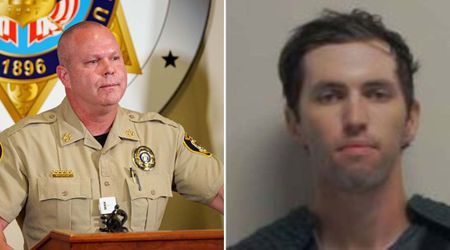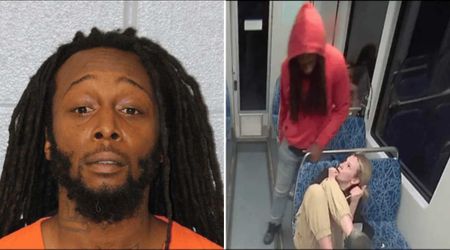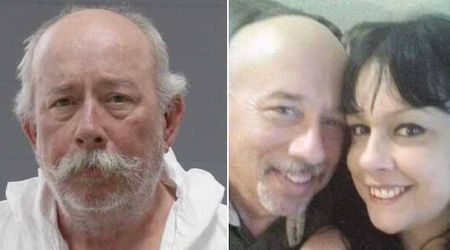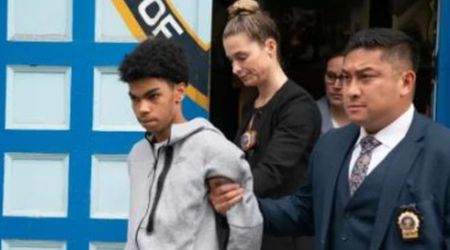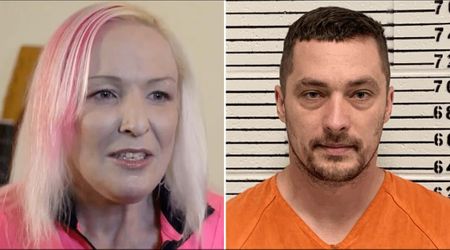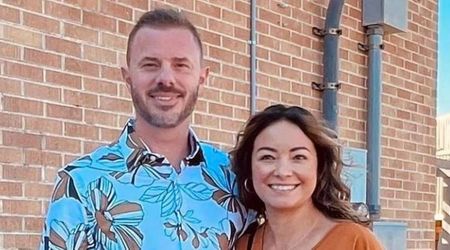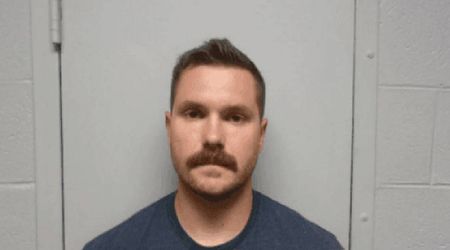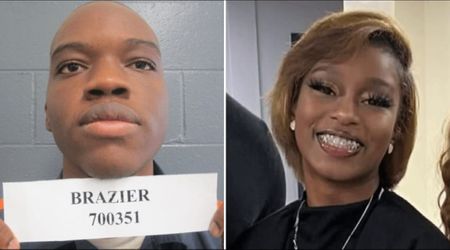William Irving Monroe III: Marine and Vietnam veteran murdered in Florida identified after 40 years

POMONA PARK, FLORIDA: Authorities have finally identified the Marine and Vietnam veteran whose life was violently cut short, discovering his remains in a shallow grave in Pomona Park, Florida, back in December 1980.
William Irving Monroe III, previously known only as John Doe #36, was revealed to have been shot, suffered blunt force trauma to his chest, and had a hairline fracture on the base of his skull, according to Putnam County Sheriff Gator DeLoach in a recent press conference.
The decades-long enigma of William Irving Monroe III
Initially believed to be a migrant worker, Monroe's true identity remained elusive for four decades. Last June, hopes of identification seemed slim due to the “degradation of biological samples that we had," said Sheriff DeLoach.
"However, Othram labs was continuing to build a workable DNA sample and after a significant amount of work on their part they were able to get a viable sample collected from biologicals we had in evidence,” per Fox.
September saw investigators delving into the genealogy of potential family members connected to Monroe, eventually narrowing down the search to a potential brother and sister. By January, officials announced a probable link to the victim, “which is promising, because there’s no records of Mr. Monroe after 1979.”
William Irving Monroe III's connection to Pomona Park and family ties
Sheriff DeLoach revealed a surprising twist in Monroe's background. Contrary to earlier assumptions, the veteran had ties to "Putnam County, specifically Pomona Park," where his ex-wife raised their two sons. Michael, who was only eight years old when his father disappeared, attended the emotional news conference.
Sadly, Monroe's other son, Chris, passed away in a car crash in 1994. For years, the victim's family believed he might have been murdered in the Virgin Islands. However, the recent identification refutes this theory, providing the family with a vital piece of closure.
Moreover, Monroe's father had hired a private investigator when he initially went missing, but his son's nomadic lifestyle made it challenging to trace him.
Investigators pursue justice for William Irving Monroe III
The last known sighting of Monroe was at a convenience store in 1980, and a driver for a labor camp reported picking up an individual matching his description around that time. “I wanted to get our victim identified because I know every victim has a family,” said Capt Chris Stallings, with the sheriff’s department.
Monroe's brother, Richard Monroe, shared that William had PTSD from Vietnam and had ceased contact with the family in 1980. With the identification complete, investigators are now shifting their focus toward finding the perpetrator responsible for Monroe's tragic end.

